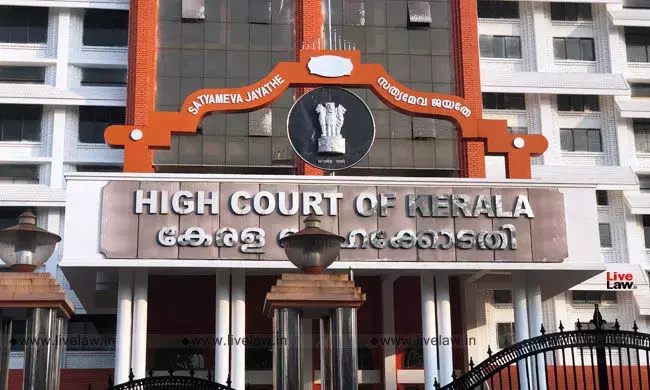Parole May Be Refused Even To An Eligible Prisoner For Cogent Reasons: Kerala High Court
Hannah M Varghese
9 Aug 2023 10:00 AM IST

Next Story
9 Aug 2023 10:00 AM IST
In an important ruling, the Kerala High Court held that prisoners do not have an inherent right to claim parole or leave and that the right to seek temporary release is contingent on meeting the statutory conditions under the Prisons Act and Rules and the discretion to grant or deny such release lies with the competent authority. A Division Bench of Justice Alexander Thomas and Justice...
